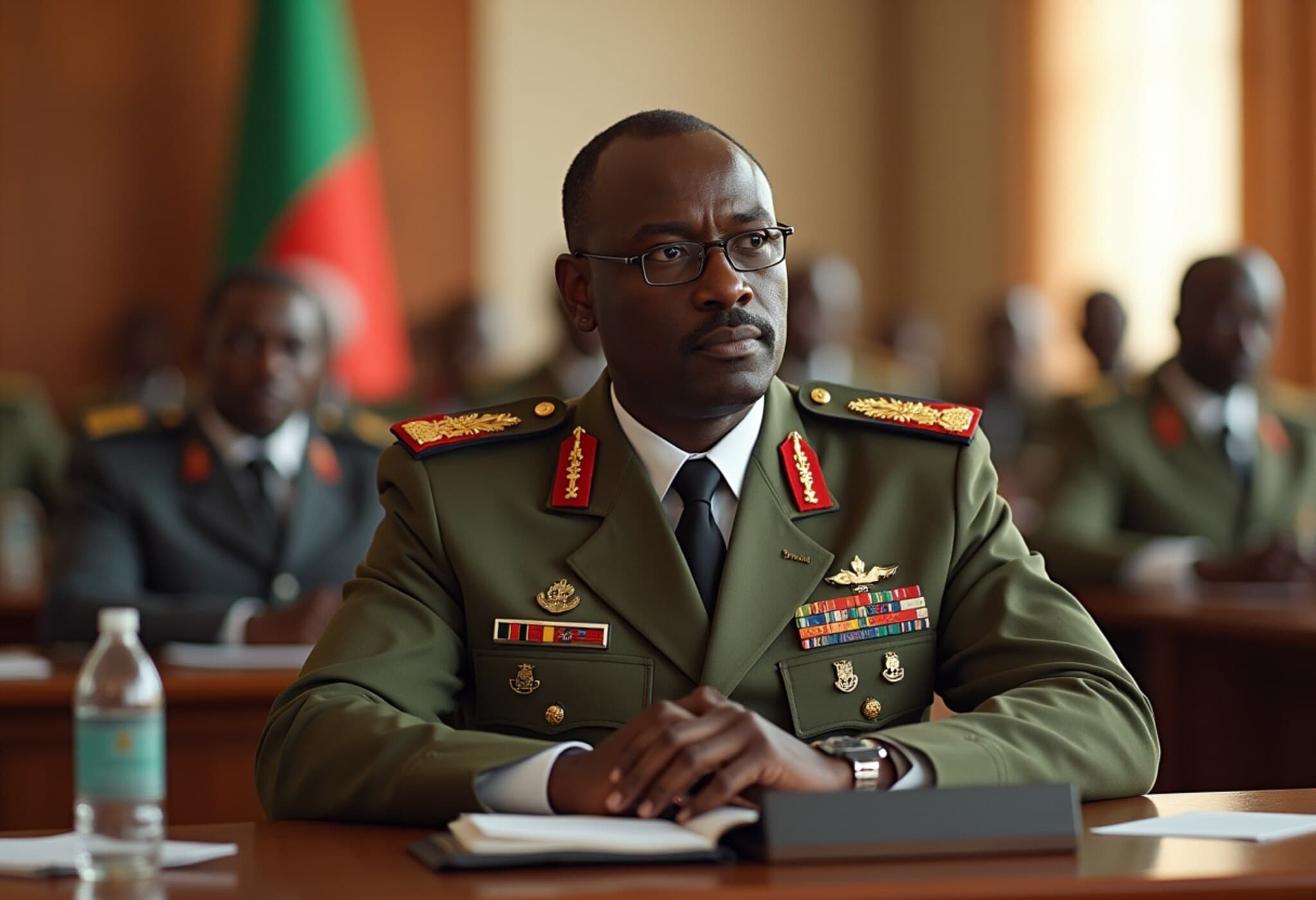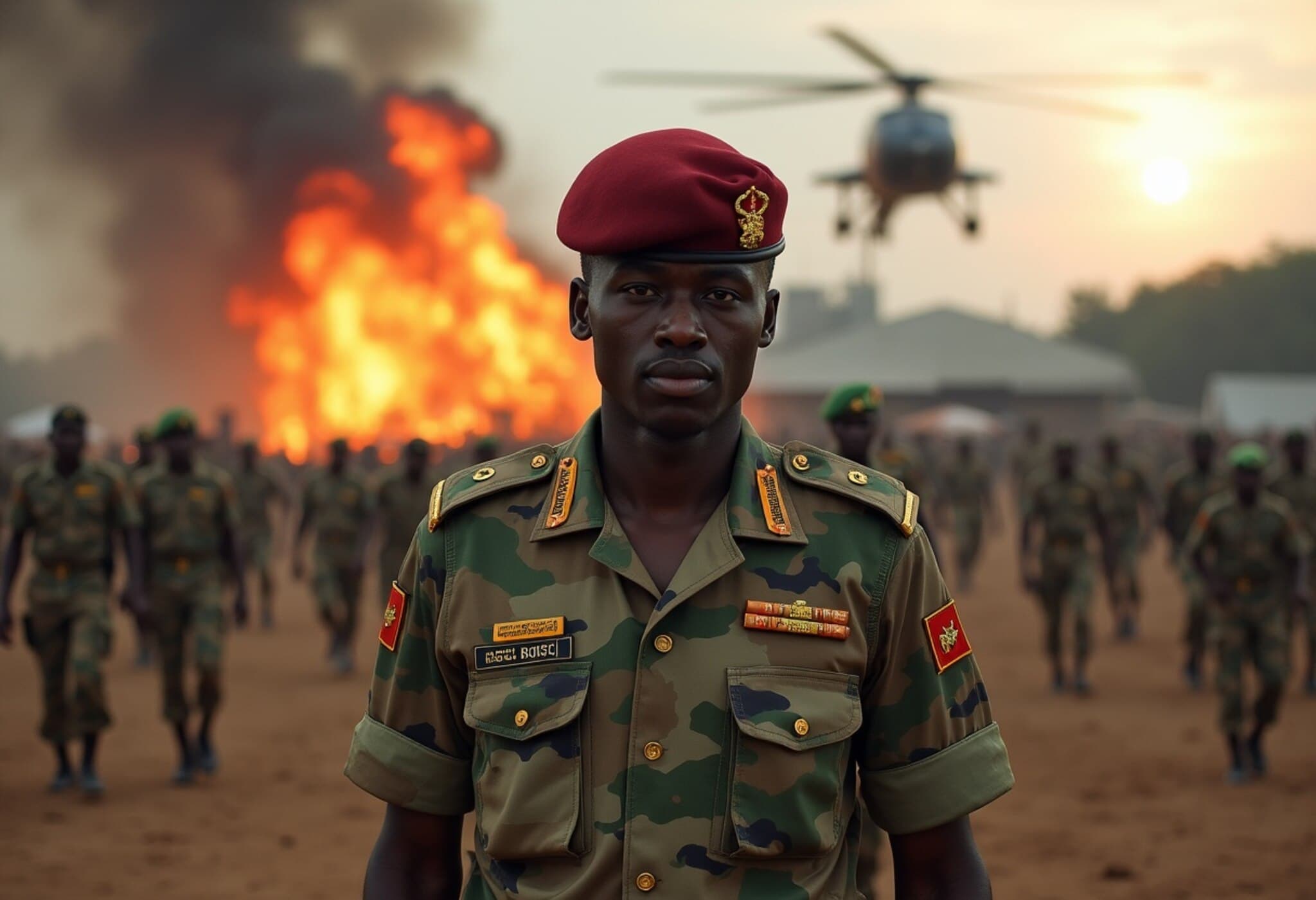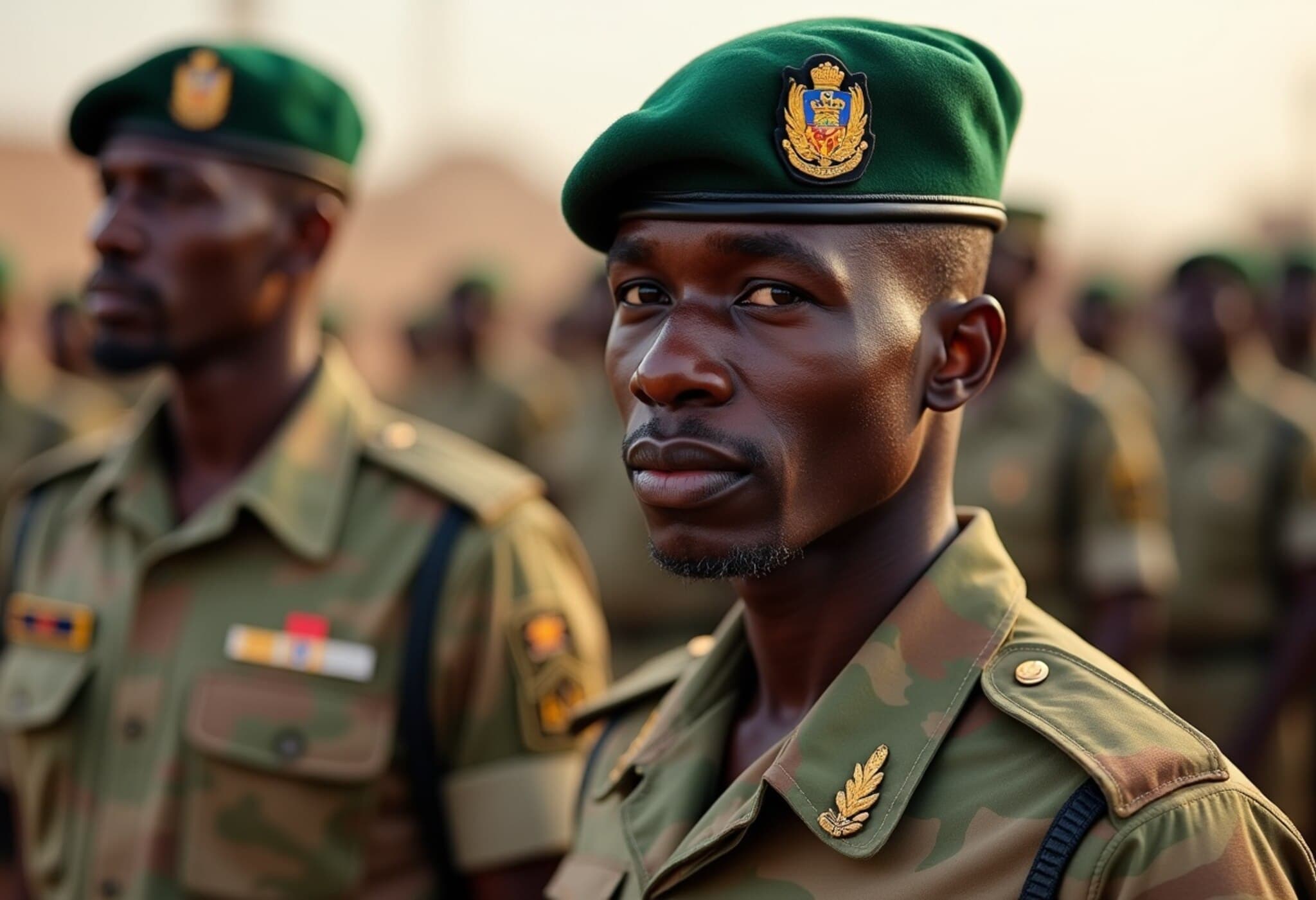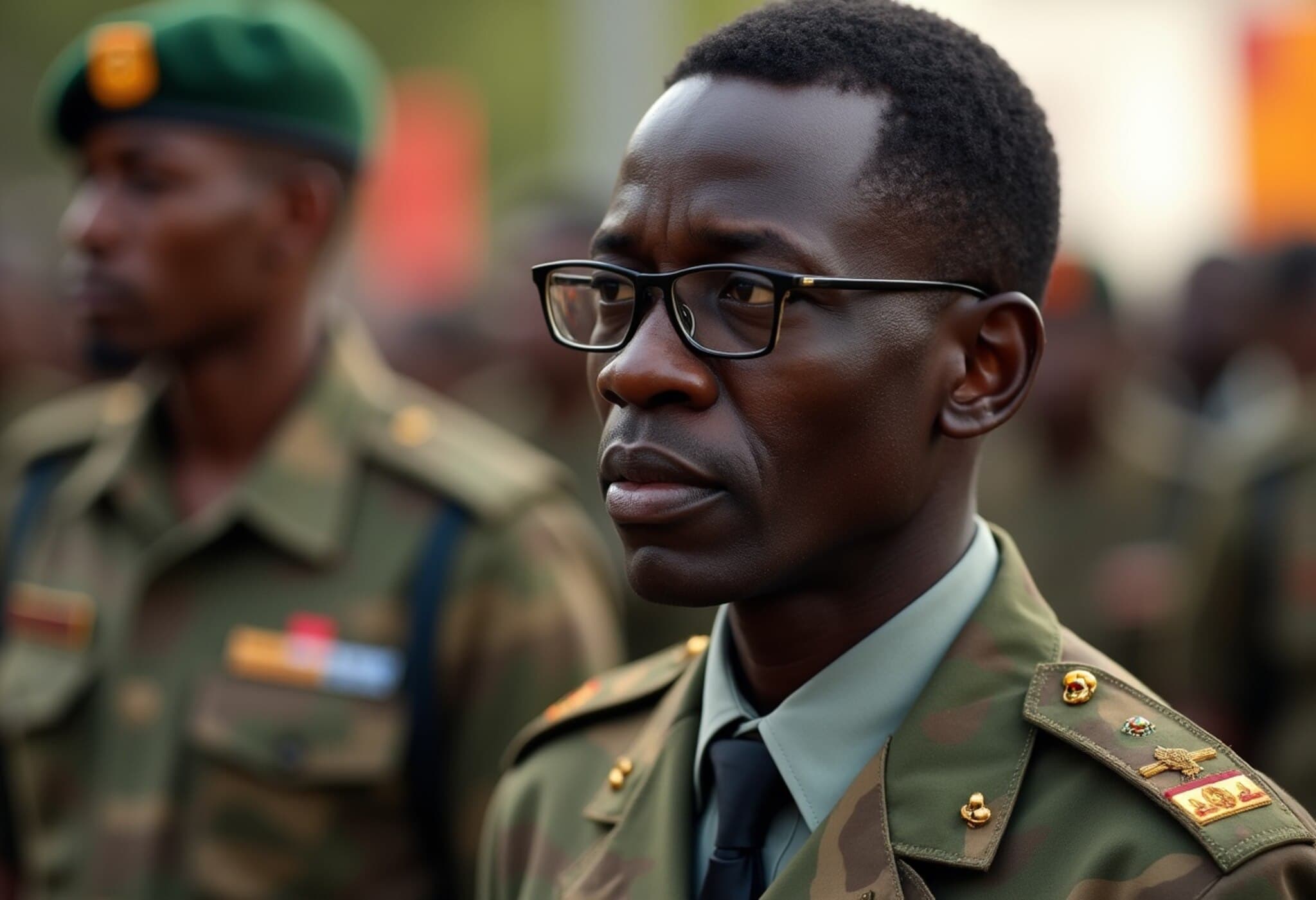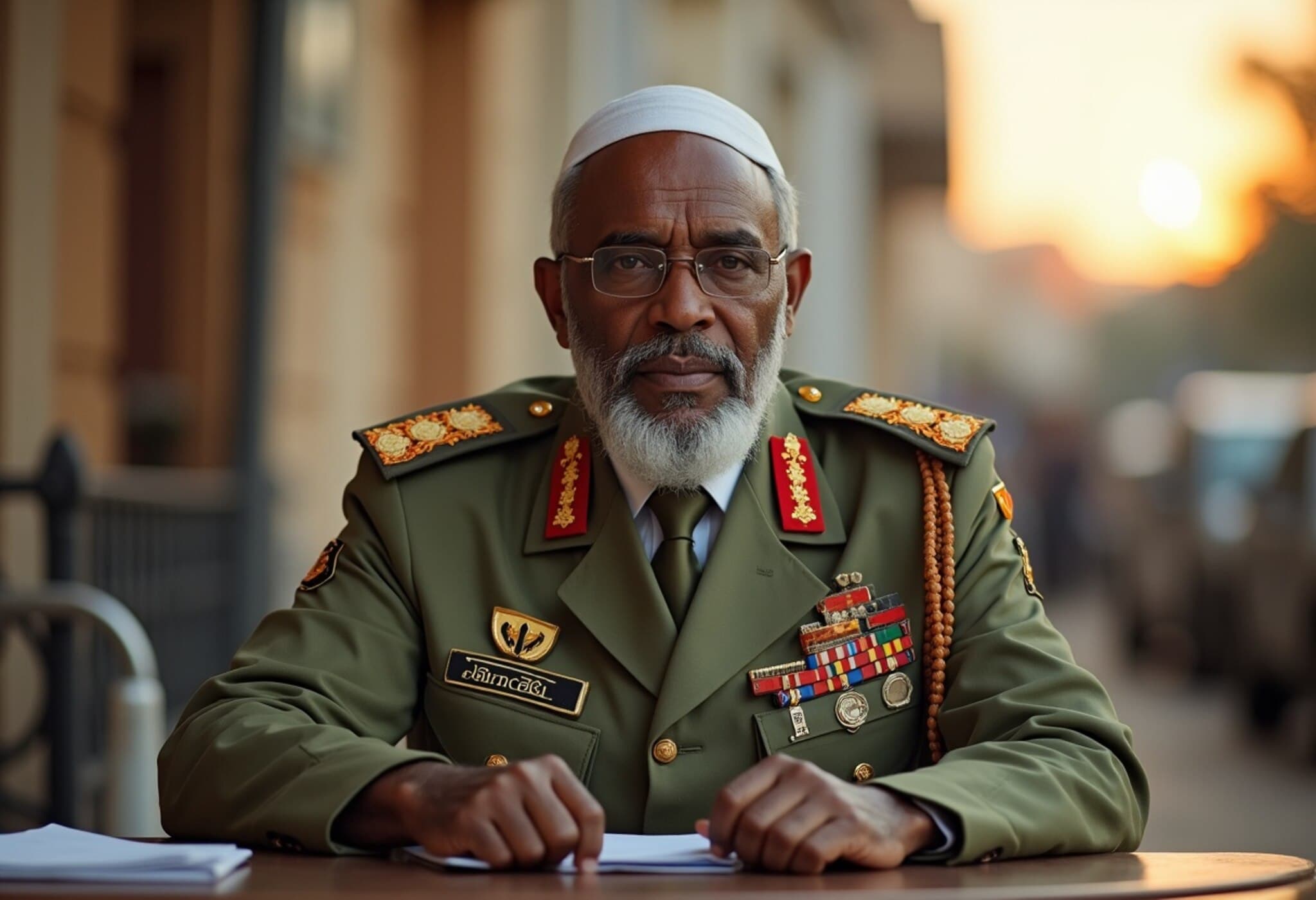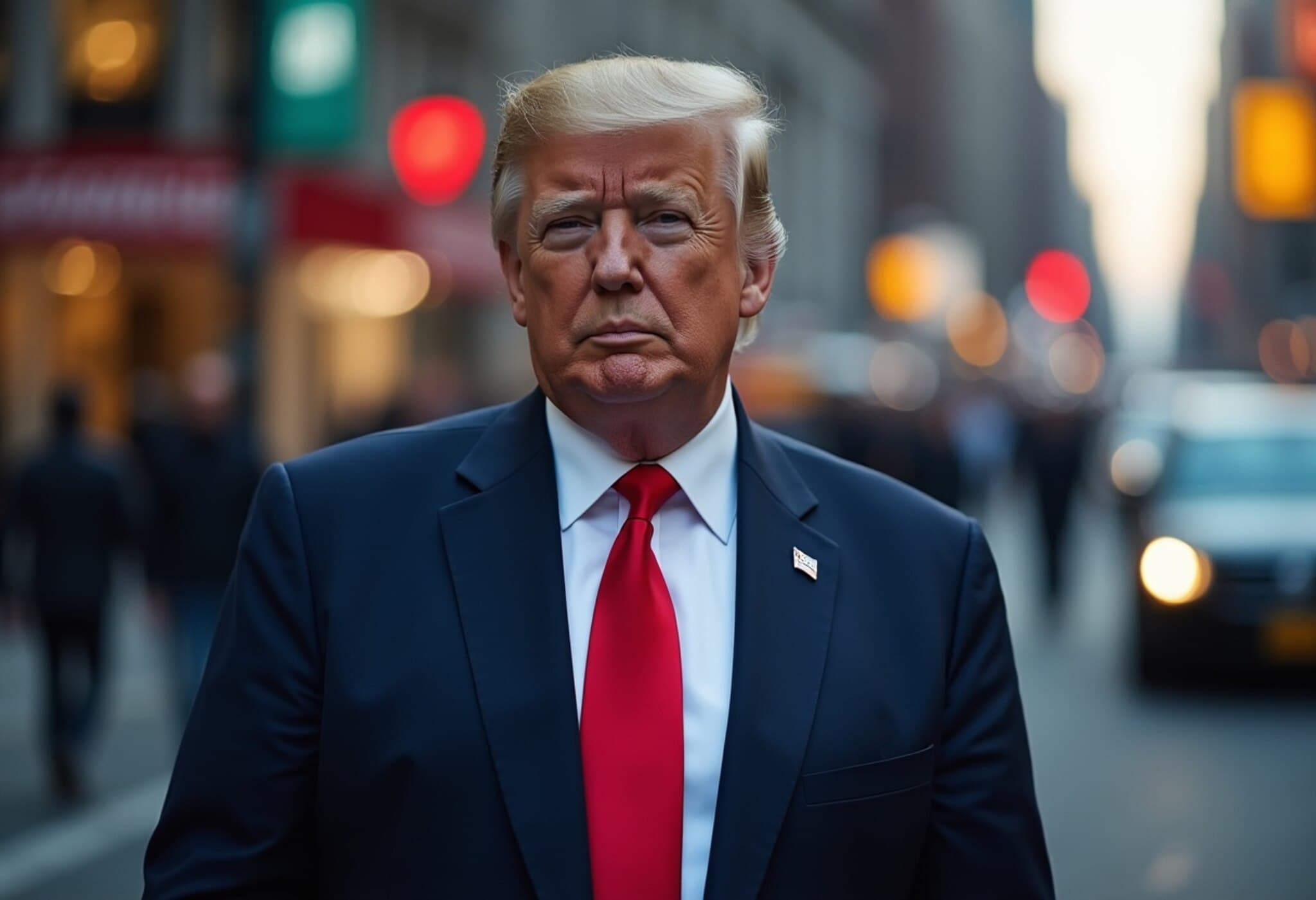Mali’s Constitutional Court Faces Crucial Test Over Political Party Bans
In a landmark development for Mali’s political landscape, the country’s Constitutional Court has taken up the pivotal case challenging the military junta’s sweeping dissolution of political parties. The referral, originating from a court in Bamako, marks a momentous judicial undertaking amid growing concerns over civil liberties and constitutional governance in a nation struggling with political instability since military coups in 2020 and 2021.
Background: Military Rule and Political Suppression
Mali’s ruling military junta, which seized power through back-to-back coups, issued a presidential decree in May 2025 ordering the dissolution of more than 300 political parties and organisations identified as having political objectives. This decision has been widely perceived as an attempt to consolidate power by limiting opposition voices and streamlining the political system under martial influence. Since 2012, Mali has also grappled with a parallel crisis of violent jihadist insurgencies and armed banditry, further complicating efforts to establish stable civilian governance.
Legal Challenge and Judicial Process
Opposition parties swiftly responded by filing appeals in lower courts within Bamako, contesting the legality of the junta’s decree and its infringement on fundamental political rights. However, initial rulings dismissed their claims, pushing the opposition to escalate the matter to the Bamako High Court.
On August 26, 2025, the High Court ordered the case to be escalated through the Supreme Court to the Constitutional Court, declaring it a matter of constitutional significance. Legal representatives for the banned parties heralded this as a historic opportunity for Mali’s highest constitutional arbiter to affirm its crucial role in safeguarding democratic principles and the rule of law. They emphasized the court’s duty to determine whether an authority can legally suspend political rights by decree, bypassing constitutional safeguards.
Implications for Mali’s Democracy and Regional Stability
This judicial review resonates deeply beyond Mali’s borders, serving as a potential bellwether for democratic resilience in a Sahel region often marked by fragile institutions and authoritarian backsliding. The ruling junta’s approach to governance—marked by restrictions on political pluralism and civil freedoms—raises critical questions about the future of governance and human rights in Mali.
Experts** note that the dissolution of political parties under military rule may entrench instability rather than resolve it, potentially exacerbating grievances that fuel ongoing conflicts with jihadist groups and local militias. The court’s decision could affirm constitutionalism or, conversely, consolidate the junta’s unilateral power, underscoring the fragile balance Mali must navigate in its quest for peace and democracy.
What Comes Next?
- The Constitutional Court will formally review the legality of the junta’s political party dissolutions.
- The verdict will test Mali’s constitutional framework amid military rule and serve as a litmus test for judicial independence.
- Political actors and international observers alike are closely watching this case for its implications on Mali’s democratic trajectory.
The international community, including regional bodies like ECOWAS and global human rights organisations, have urged Mali’s leaders to respect constitutional order and avoid further deterioration of democratic norms.
Editor’s Note
The case before Mali’s Constitutional Court transcends legal arguments; it epitomizes the broader struggle between military authority and constitutional democracy. While national security concerns in Mali are undeniable, the exclusion of political voices risks undermining the very stability the junta aims to establish. Observers must watch closely whether Mali’s judiciary asserts its independence or becomes a passive enabler of authoritarianism. The outcome carries profound implications for governance, human rights, and peace in a region long plagued by conflict.

